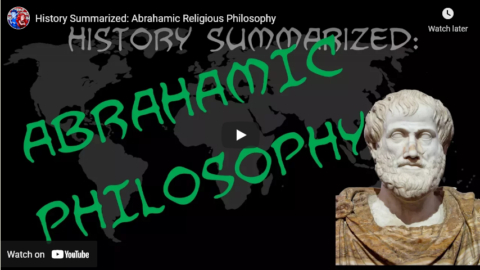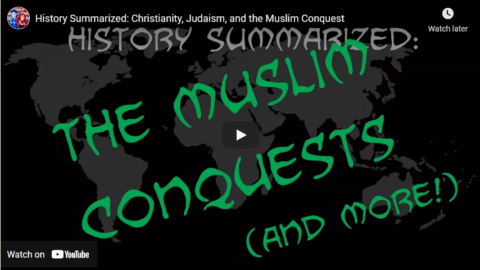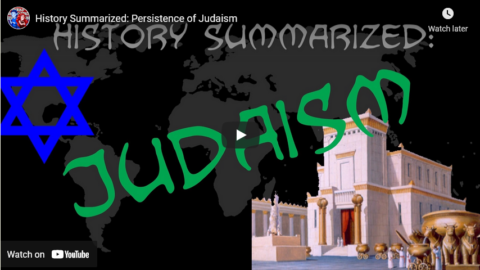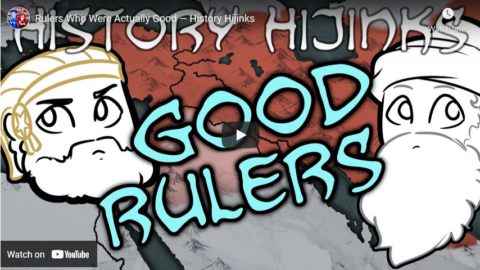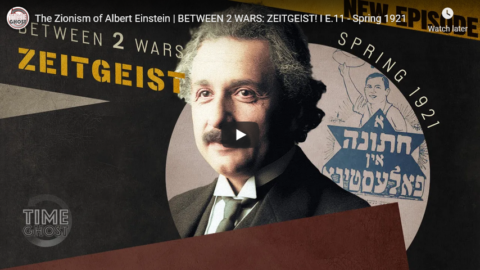When an organization goes woke, there’s no halfway measures … it’s all-woke, all the time. Recently the Canadian Armed Forces received a report that could result in current chaplains being forced to resign their commissions because their religious beliefs “are not aligned with those of the Defence Team”. One wonders how future recruiting efforts will go with believing members of those faith-based communities who are potentially going to be explicitly described as “racist, misogynistic, and bigoted”:
Calling other parties racist in the House of Commons is bad. Calling whole religions and their adherents racist, misogynist and bigoted is worse
And yet, this government is being called to support one of the most egregious examples of anti-religious sentiment I have ever seen in Canada, and it was published by the Minister of National Defence Advisory Panel on Systemic Racism and Discrimination. This document is supposed to advise the Canadian Armed Forces on racism and discrimination in the military and, if the government were to follow through on its recommendations, it would effectively disqualify chaplains from Canada’s largest faith groups.
In its final report, this panel recommends that the military should “not consider for employment as spiritual guides or multi-faith representatives Chaplaincy applicants affiliated with religious groups whose values are not aligned with those of the Defence Team.”
As you read the document, it quickly becomes clear that their understanding of “values” appear to be completely ignorant of the actual practice of the very religions they defame. Yet the report would disqualify clergy from — at the very least — the three major Abrahamic religions (Judaism, Islam, and Christianity) under the grounds that these faiths are inherently discriminatory.
Not content to deal with actual cases of misogyny, sexism and discrimination, the government’s panelists have taken a go at determining which beliefs and philosophies are acceptable in Canada’s new modern military.
“The Advisory Panel has observed that there are varying degrees of misogyny, sexism, and discrimination woven into the philosophies and beliefs of some mainstream religions currently represented in the cadre of chaplains in the CAF,” the report says.
Then it gets worse.




